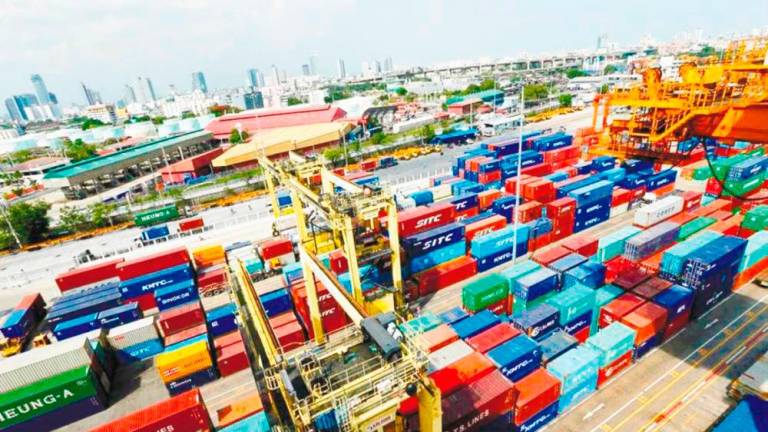KUALA LUMPUR: The implementation of the Digital Service Tax, which will take effect from Jan 1, 2020, is the right move towards helping the government increase its revenue base from the sales and service tax (SST), said the World Bank lead economist for Malaysia, Richard Record (pix).
Speaking during a panel session titled “Harnessing Economic Opportunities for Growth in a New World Order” at the Budget 2020 Forum today, Record was expanding on his comments last week where he recommended that the government broaden the coverage of items under the SST regime.
“Malaysia is moving in the right direction, and even ahead of many other countries in levelling the playing field between service providers that are incorporated in Malaysia and those that are not.
“Currently if you purchase digital services from Malaysian providers, you pay SST, whereas the tax is not levied on services bought from foreign providers which puts the local companies at a disadvantage and over time, could potentially erode the SST base,” Record said.
In a pre-budget briefing last week, Record reportedly said Malaysia needed to diversify its sources of revenue and reduce the number of items that are currently zero-rated or not taxed under the SST.
However, Axcelasia Taxand non-executive chairman Veerinderjeet Singh said it remained to be seen how successful this would be.
“The challenge is getting offshore, online providers to voluntarily register but I think if you look at what has happened in Australia and a few other countries, they have actually come forward and started complying.
“Perhaps Malaysia is hopeful that we can do that, but I think we cannot hope to get substantial amounts of revenue. Some have projected that we can get about RM2 billion if all the big players do register and pay a service tax on the total transactions from Malaysian that are made on that particular offshore platform, but I’m not sure if that will come true,” he said.
Another initiative being studied by government is the direct taxation of profits of foreign companies that are active in the Malaysian market, said National Budget Office director Johan Mahmood Merican.
“This is something that is proving to be a bigger challenge, but the government is seriously studying this. They still need more time,” he said at the session.
Record agreed that this could be a tough move for Malaysia, as it still looks to foreign firms for investment.
“For a small economy like Malaysia, it can be tough since big players like the EU (European Union) can impose a direct levy on revenues and not worry about investment. However, it seems like we are getting there in terms of the global consensus on apportioning taxing rights.
“Work is being done on the OECD (Organisation for Economic Cooperation and Development) level and once that comes along, there’s an opportunity to decide what Malaysia’s share of those revenues and profits are, and how they can be booked and accrued accordingly to the authorities,” he said.














